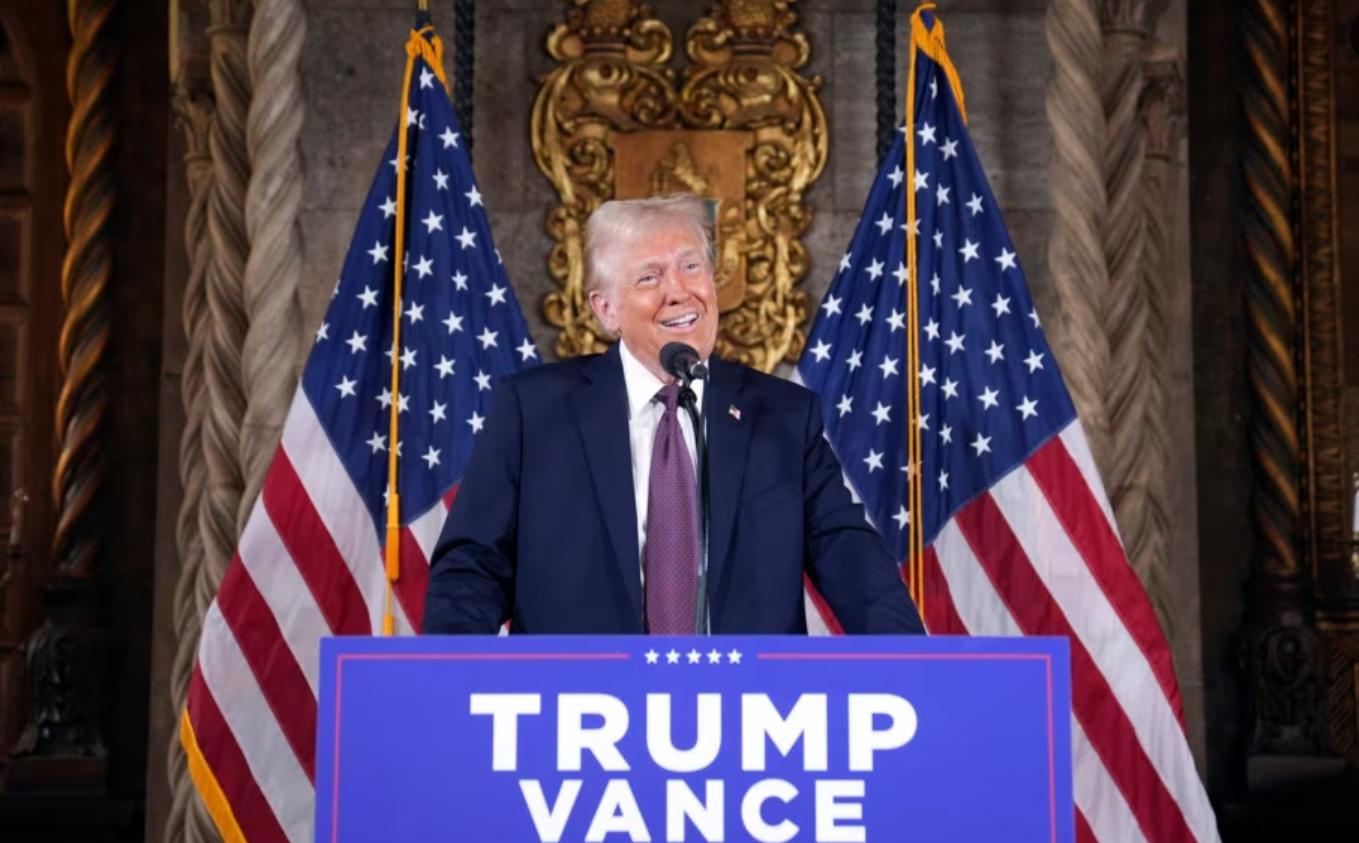
Amidst the current global economic turmoil, the United States is brewing a major decision - declaring a national economic emergency.
The so-called economic emergency means that the President will use the International Emergency Economic Powers Act (IEEPA) or other similar legislation to give the federal government broader powers to respond to economic crises. This measure may include freezing assets, adjusting import and export policies, and even intervening in domestic market prices to ensure the supply of basic materials.
However, such extreme measures are not without cost. Firstly, declaring a state of emergency may trigger short-term panic in the market, further shaking investor confidence. Secondly, during the implementation process, strong government intervention in the economy may weaken the operational efficiency of market mechanisms and even trigger greater social controversy. Therefore, how to control the crisis while avoiding secondary problems will become the biggest challenge faced by decision-makers.
The multidimensional causes of economic difficulties: numerous problems that are difficult to solve
The economic pressure that the United States has been facing recently can be described as being on all sides. From the persistent high inflation to the gradually worsening unemployment problem, from the continuous disruption of the supply chain to the uncertainty of the international market, the dawn of economic recovery seems to be difficult to show. Especially in the game between fiscal policy and monetary policy, the US government is struggling to find a balance point.
What is even more worrying is that geopolitical tensions have added extra complexity to this dilemma. The supply chain disruptions of certain key resources have exacerbated market panic, and the position of the US dollar as a global reserve currency is also facing multiple challenges. Whether the government is implementing measures to declare an economic emergency at this moment is not only a strategy to stabilize people's minds internally, but may also be seen as a signal to showcase its strength externally.
History Mirror: What Have Past Emergencies Taught Us?
Looking back at history, the United States has declared a state of emergency in the economic field very few times. The most famous one dates back to the 1970s, when the oil crisis led to global economic turbulence. The Nixon administration attempted to alleviate the crisis through price controls and import restrictions, but it backfired due to poor implementation and market rebound. This history has provided us with a profound lesson: the implementation of any extreme economic measures must be based on rigorous policy design and precise execution.
Another noteworthy example is the 2008 financial crisis. At that time, the US government stabilized the financial system through an emergency rescue plan, but it was also criticized for its high cost and complex power disputes. If an economic emergency is declared this time, can we avoid repeating the same mistakes? The answer is not clear.
Domestic and international reactions and challenges
In China, proposals for an economic emergency may face strong reactions from different interest groups. The business community may be concerned that excessive government intervention may undermine free market principles, while ordinary people may demand more direct economic assistance to alleviate their living pressures. Politically, the differences between the Democratic Party and the Republican Party will undoubtedly further amplify the difficulty of implementation, and may even pose serious constraints in the process of policy implementation.
At the international level, the announcement of an economic emergency by the United States may trigger a chain reaction. As an important participant in the global economy, every move made by the United States will have spillover effects on the global market. The US dollar exchange rate, energy prices, and international trade rules may all be deeply affected. At the same time, other major powers may take advantage of this opportunity to enhance their economic discourse and weaken the dominant position of the United States. This delicate balance undoubtedly makes this decision more complex and risky.
Future choice: turning point in crisis or abyss?
Faced with this economic crossroads, what the United States needs is not only decisive decision-making, but also refined policy design and broad social consensus. The economic emergency may provide relief for short-term problems, but to truly emerge from the crisis, systematic reforms and innovation driven approaches are still needed. The government must maintain close communication with the public, businesses, and the international community in this process to achieve the dual goals of economic benefits and social stability.
Perhaps crisis is also an opportunity. If the United States can take this opportunity to re-examine its economic structure and make strategic adjustments, this economic emergency may become an important milestone in promoting long-term development. But if not handled properly, it may accelerate the accumulation of trust crisis and even trigger more unpredictable consequences.
Conclusion: Unknown Storm and Hidden Hope
The national economic emergency may sound thrilling, but it may just be a rational decision to cope with immense pressure. In the future, the success or failure of this policy will not only reshape the trajectory of the US economy, but also have a profound impact on the global economic landscape. Whether it is the arrival of a storm or the emergence of hope, we will become witnesses and participants, jointly facing this test of history.

According to a recent report by Rich Asplund, a columnist for Barchart, the global sugar market is currently experiencing a complex and profound supply-demand game.
According to a recent report by Rich Asplund, a columnist f…
On January 13th local time, the three major US stock indice…
Recently, the 2026 edition of the MIT Technology Review lis…
On January 15, 2026, the US military announced the seizure …
At the 2026 J.P. Morgan Healthcare Conference, a joint anno…
For much of 2025, the market was rethinking whether the dol…